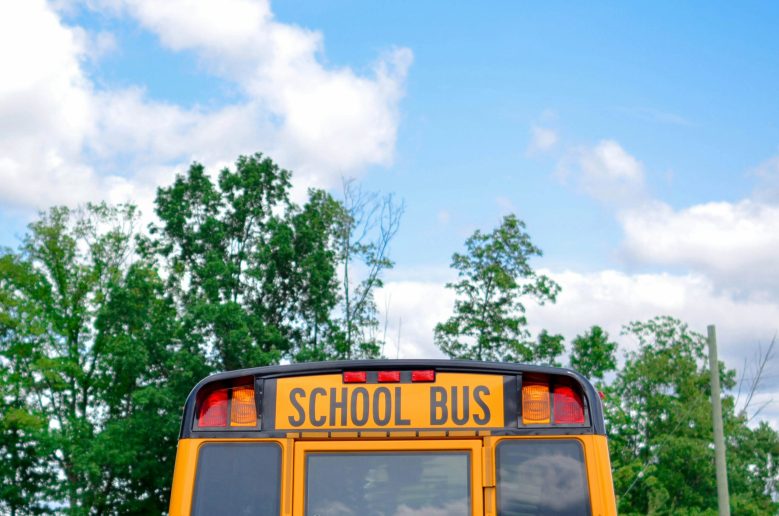Written by Jim Waters and Jude Schwalbach
Families in Kentucky have had to deal with a public education system that restricts their options for selecting the finest schools for their kids for far too long. Efforts to increase school choice were halted in 2022 when the Kentucky Supreme Court declared the state’s recently established tax credit scholarship program unlawful.
However, by bolstering Kentucky’s open-enrollment law, which permits kids to transfer to public institutions other than their assigned ones, state legislators can increase students’ educational alternatives. This statute, which went into effect in 2021, mandated that school districts create rules for cross-district transfers. However, it does not succeed in eliminating obstacles and empowering parents to select a public school in a different district that best suits their children’s requirements.
For instance, the current policy allows districts like
highly rated
Anchorage Independent to establish enrollment policies that accept
no transfers
even when seats are available. Other districts, such as
Jefferson
County, permit transfers only under restrictive conditions, such as living in a specific geographic area or having parents employed by the district.
Delivered to your inbox every weekday morning, these are the stories that everyone in NKY will be talking about.
A more robust policy would forbid districts from charging tuition, guarantee that Kentucky students can transfer to any public school with available seats, increase transparency, and make the process more family-friendly.
Kentucky has one of the poorest open-enrollment regimes in the country as a result of its unwillingness to fully adopt this policy, which prioritizes district authority over family choice. Only eight states have weaker policies than Kentucky, per a 2024 Reason Foundation research.
Parents throughout the Bluegrass State are taking advantage of the few options available in spite of these obstacles. Since HB 563 was passed in 2021, nonresident transfers have grown by 10%, according to a recent Bluegrass Institute analysis, with over 2,500 more public school children enrolling in a different district. Additionally, the Kentucky Virtual Academy (KYVA) had a more than twofold increase in enrollment, rising from 1,300 students in 2023–2024 to over 3,000 students in 2024–2025. Since 2022, Kentucky’s total enrollment of nonresident students has increased by over sixteen percent, indicating a high level of parental demand for alternatives to public education.
Currently, 5% of Kentucky kids attend public schools other than the ones they were allocated. However, according to a 2025 Reason Foundation analysis, states with strong open-enrollment rules had higher participation rates, averaging one in ten students, whereas states with weak regulations only have 5%. For instance, 28% and 14% of pupils in Colorado and Arizona, respectively, attend regular public schools different than the ones they were assigned.
The rapidly expanding virtual academy would have been shut down right away if the Kentucky Board of Education had passed a policy in December, forcing thousands of students to either find other options or return to failing schools. In response, lawmakers passed legislation at this year’s General Assembly that paused the requirement for a minimum of three years, allowing the KYVA to show progress in its academic program.
Enhancing Kentucky’s student transfer regulations would provide families even more autonomy in selecting traditional or online public schools that best suit their children’s individual requirements.
Recent General Assembly sessions have seen the introduction of legislation that provides a roadmap for enhancing Kentucky’s student transfer policy.
- Ensuring students can transfer to any public school with available seats.
- Eliminating tuition for nonresident students to ensure access for all families, regardless of income.
- Requiring districts to publish clear information on capacities, vacancies and application processes, alongside detailed reports on enrollment and denials.
- Establishing a fair appeals process for transfer denials to protect parental rights.
In order to guarantee that every kid in our commonwealth has access to a public education that positions them for success, Kentucky can join 16 other states, including Arizona and Florida, in setting the standard for open-enrollment laws by removing obstacles and embracing transparency.
Jude Schwalbach is a senior policy analyst at the Reason Foundation. Jim Waters is president of the Bluegrass Institute for Public Policy Solutions.
Did you enjoy this story? Contribute to the next one.
Without community backing, independent local reporting would not be possible. We are able to continue covering the people, places, and issues that define Northern Kentucky thanks to your monthly donation.When you donate, you’re investing in all the stories that lie ahead, not just one.
AID IN LOCAL NEWS






